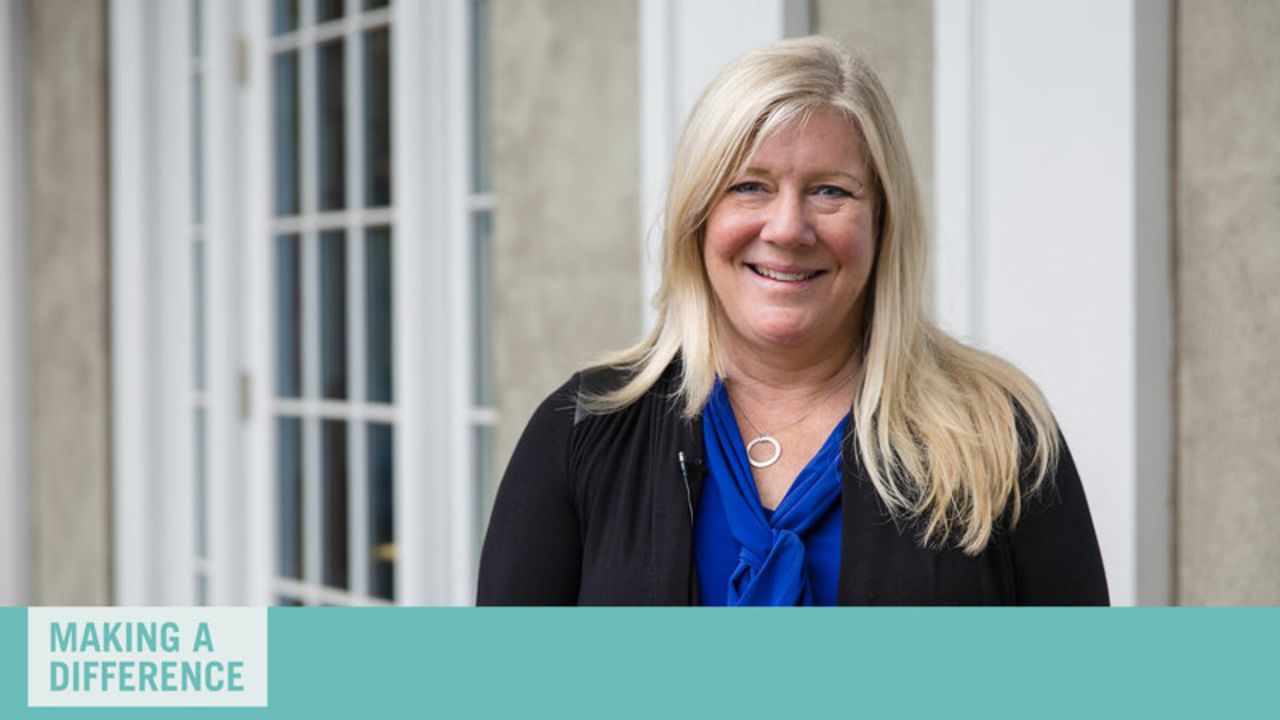Stories
Stories
The Power of Civility
Shelby Scarbrough (OPM 47, 2015) is founder of Practical Protocol, a consulting and events management firm, and coauthor of The Power of Civility. In this interview, she reflects on the importance of—and challenges to—civility in modern-day society.
“When I started my career in protocol, it was a lot about logistics and moving dignitaries around. And that grew into a private sector company that I launched that took it to the next step. Not only did I handle dignitaries, but I also trained other people how to do that work. What I found was there was a big disconnect in how we behave and how we act behind the scenes and in front of the scenes. So I'm trying to marry the concept of diplomacy and dignity and respect into the business world and into the private sector.
“I was global chairman for the Entrepreneurs Organization, or EO as we call it, about six years ago. I'm still actively engaged in the organization. One of the benefits of that is having a network of entrepreneurs around the world, like-minded people who see things very similarly and yet come from different cultures. That's helped me connect with a variety of cultures to see how they handle the topic of civility a little differently, and how people look at things through different lenses.
“The one thing that connects us all is our humanity. And that platform, the Entrepreneurs Organization, has been, just like HBS and OPM have been, critical for my own personal development.
“I think, sadly, there seems to be some diminishing of civility. We see it in the shorthand that we experience every day with technology, where we don't have to actually say complete sentences to one another. We see it just in our ability to have actual conversations with one another and ask questions that might be about the other person. It's a very self-centered world these days, and that does worry me about our future as a civilization.
“One of the things that my parents taught me when I was a kid was that we need to take responsibility for our own actions, and we can't blame others for what happens in society or to us. If we take that approach in civility, I don't believe that we can turn to somebody else and say, “you need to be more civil.” It has nothing to do with that. It only has to do with how we behave and how we convey our thoughts and our actions and our deeds. By setting that standard ourselves is one of the key ways, and maybe the only way, that we can actually do something to change the world.”
(Published November 2018)
Support the next generation of leaders Make a gift nowPost a Comment
Related Stories
-
- 01 Jun 2018
- HBS Alumni Bulletin
Turning Point: Life Cycle
Re: Lorne Adrain (MBA 1983) -
- 27 May 2015
- HBS Newsroom
Hannah Merves (MBA 2015) Wins Dean’s Award for Service to Harvard Business School Community and Beyond
Re: Hannah Merves (MBA 2015) -
- 30 Mar 2015
- Harvard Business Review
The Power of the Cohort
Re: Carol Fishman Cohen (MBA 1985) -
- 01 Mar 2014
- HBS Alumni Bulletin
Innovation: Crowdfunding College Costs
Re: Marcos Cordero (MBA 2005); By: Julia Hanna

























